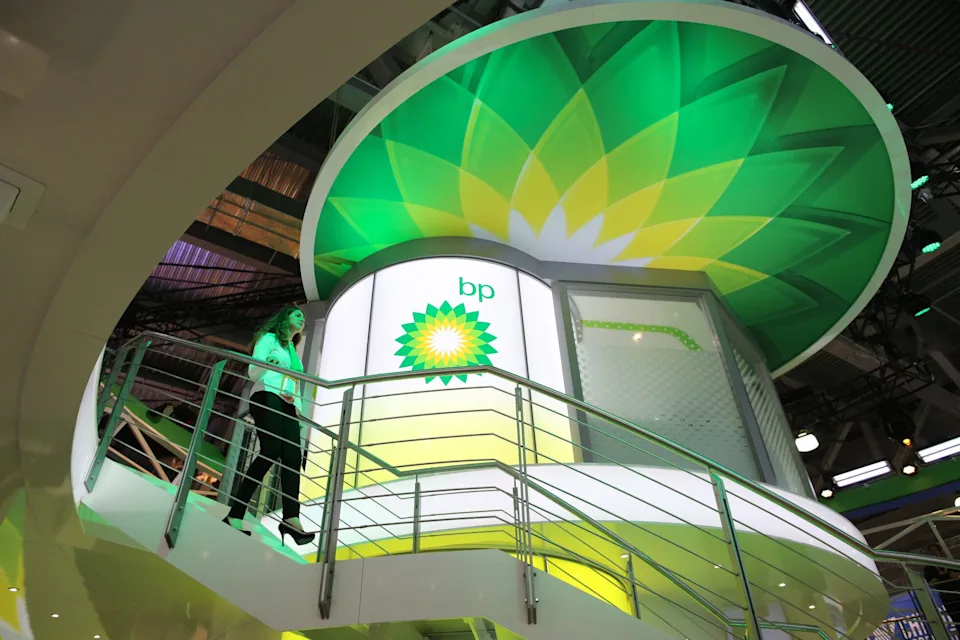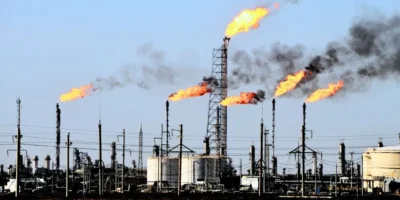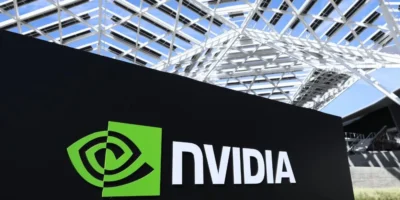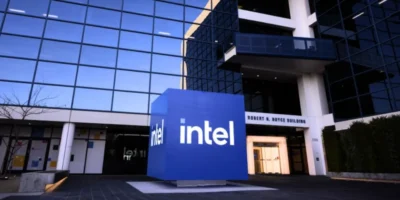(Bloomberg) — BP Plc will embark on fresh reviews of its portfolio and costs as the oil major works to reverse years of underperformance, with Chief Executive Murray Auchincloss promising that the company “can and will do better.”
The UK oil major outlined the plans Tuesday as it posted earnings that topped estimates on the back of strong trading results and robust cash flow, while net debt decreased. The company has been under growing pressure to deliver on a turnaround plan, including from activist investor Elliott Investment Management, which has called for sweeping changes and deeper cost cuts.
The latest reviews extend a tumultuous period for BP, which was criticized for a lack of direction as its shares tumbled after a failed pivot to renewables, prompting speculation it could become a takeover target. Auchincloss eventually announced a strategy reboot in February to refocus on oil and gas, with targets for cutting costs and spending and $20 billion of asset sales by the end of 2027. However, the plan received a lukewarm response from investors and was criticized by Elliott for not going far enough.
The CEO said he’s spoken with incoming Chairman Albert Manifold, and agreed to “a thorough review of our portfolio of businesses to ensure we are maximizing shareholder value,” in addition to a further cost review. “BP can and will do better for its investors,” Auchincloss said.
As CEO of building-materials company CRH Plc, Manifold successfully reshaped the company’s portfolio and oversaw a more than fourfold increase in its shares over his 11 years at the helm. The new chairman officially starts Sept. 1, and incumbent Chairman Helge Lund will depart a month later.
BP reported a $900 million reduction in structural costs in the first half, bringing the total since 2023 to $1.7 billion. The company said it is cutting 6,200 jobs inside BP as well as 1,200 contractor roles by the end of the year. It’s already completed or announced at least $3 billion of divestments this year as it works to bring down debt and refocus on the core oil and gas business.
“We want to drive cost efficiency as much as we possibly can,” Auchincloss said in a Bloomberg Television interview. “We’ve had a good start, but we’re two quarters into 12; a lot more to do.”
The company posted second-quarter adjusted net income of $2.35 billion, exceeding the average analyst estimate of $1.76 billion.
BP shares rose 2.8% in London. The stock has rallied in recent months as oil prices recovered from a four-year low in early April. The company has outperformed rivals since then, but is still down about 14% in the past two years.
“BP’s increased attention on the basics — operating assets well, reducing costs — seems to be bearing fruit,” Kim Fustier, an analyst at HSBC Bank Plc, said in a note. “The reduction in net debt is even better to see as it comes from underlying cash flow rather than working-capital moves or divestment proceeds.”
Shareholder Returns
Net debt dropped by about $1 billion to $26 billion at the end of June. BP maintained quarterly share buybacks at $750 million, while the dividend was raised by 4%.
Divestments are viewed as a key element of the overhaul. BP has made progress on a series of small disposals, and said it still expects to raise as much as $4 billion this year. However, it’s yet to offload lubricants unit Castrol, which underpins the asset-sale plan.
Several big-name energy companies and financial suitors have dropped out of bidding for Castrol and valuation expectations have slipped, people with knowledge of the matter said last month.
Auchincloss on Tuesday said there’s “strong interest” in Castrol and the process is moving quickly.
RBC Europe analyst Biraj Borkhataria suggested that the review announced on Tuesday could result in the Castrol sale being deferred to allow for the new chairman to take a closer look at capital allocation.
Brazil Discovery
BP has announced a flurry of oil and gas project startups and discoveries around the world as it seeks to show upstream growth. On Monday, the company said it made its largest find in a quarter-century in waters off Brazil, and had brought a Gulf of Mexico oil expansion project online.
Production of oil, condensates and natural gas liquids grew quarter-on-quarter particularly in US shale, Auchincloss said in a telephone interview on Tuesday. However, BP forecasts slightly lower overall output in the third quarter and sees full-year volumes lower than in 2024. It plans to spend about $10 billion a year on its fossil-fuel business through 2027.
BP was the last of the five Big Oil majors to report earnings, with Shell Plc, Exxon Mobil Corp. and Chevron Corp. all exceeding expectations, while TotalEnergies SE missed estimates. On Tuesday, Saudi Aramco reported another decline in profit as lower oil prices outweighed the impact of higher production.
The second quarter was marked by oil-market volatility, with prices buffeted by US President Donald Trump’s trade war, shifting OPEC+ policy and Israel’s attacks on Iran. Brent slid about 9% in the period and is now hovering just below $70 a barrel — the level BP uses to model financial targets.
The company has been the subject of mounting takeover speculation over the past year as its shares underperformed. Shell said in June it had no intention of making an offer for its rival.
(Updates with closing share price and details.)
©2025 Bloomberg L.P.












